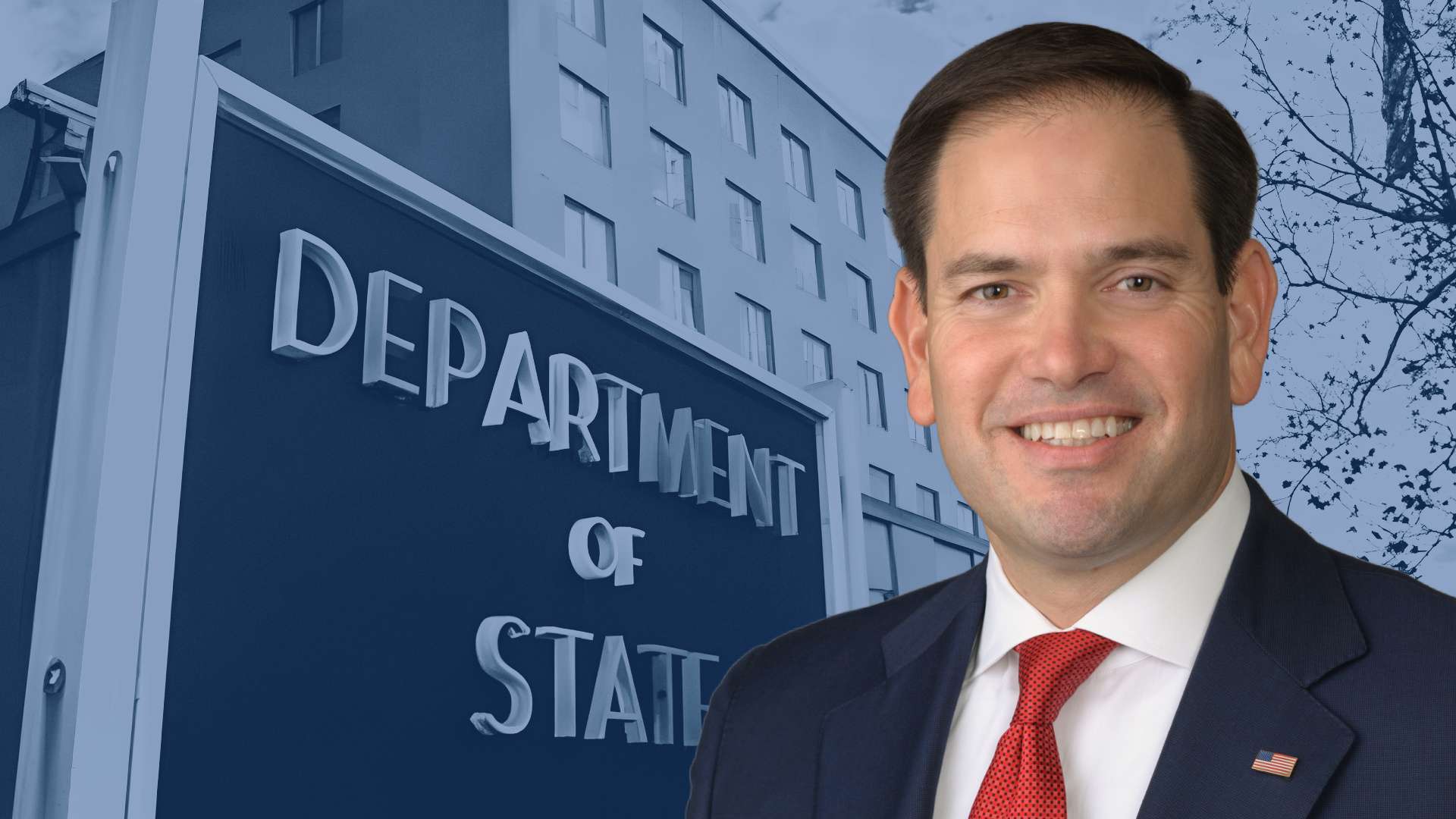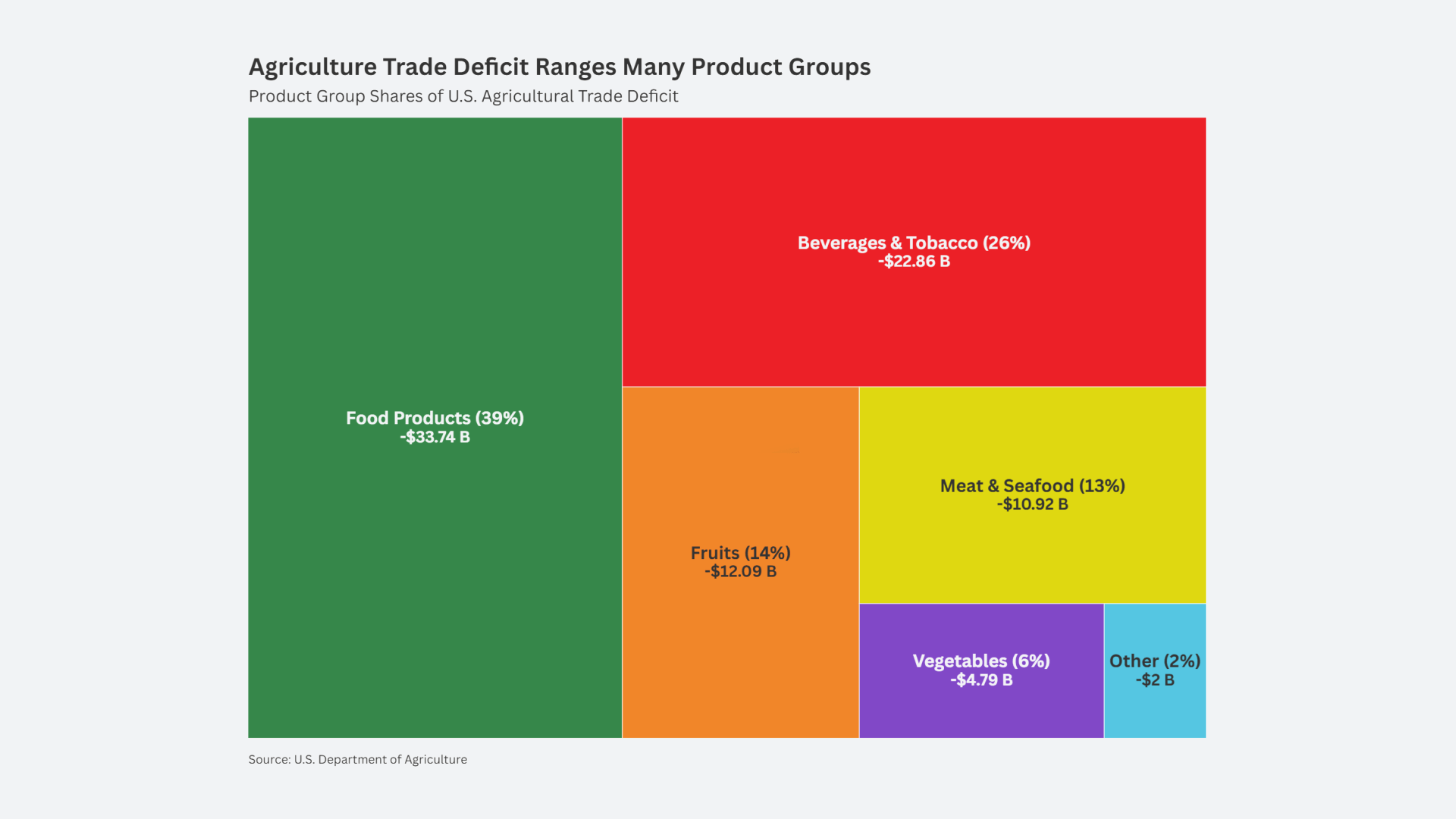by Michael Stumo, CEO of CPA
The media was aghast last week that some Trump administration personnel had drafted a proposal to withdraw from the North American Free Trade Agreement (NAFTA) as well as a proposal to renegotiate it. Later reports said the White House was not going to advance the proposal to end NAFTA, after powerful business interests called in to object.
If a “withdraw from NAFTA” proposal emerges, it could either be a negotiating ploy or it could be serious. Even if withdrawal is off the table now, US negotiators should have the power to walk away from negotiations if they truly want a strong negotiating position.
While CPA does not have either an “end NAFTA” or “save NAFTA” position, here are some reasons why NAFTA withdrawal would not cause Armageddon.
1. Tariffs would not skyrocket. Assuming for the moment that tariffs are always bad, which I do not, it is clear that tariffs would not increase to punitive levels. The US has a pre-NAFTA trade agreement with Canada which was negotiated in 1989 and has never been repealed. The Canadian free trade agreement was supplanted by NAFTA but is positioned to snap back into effect.
All three NAFTA countries are members of the World Trade Organization (WTO) as well. They agreed to lower tariffs as a condition of membership. While NAFTA tariff levels are even lower, the WTO tariff levels are pretty low as well. The WTO tariff levels apply to US trade with WTO countries with which we do not have a free trade agreement, including the European Union countries. While there is likely to be some change in the location of production, any post-NAFTA tariff rises would not be destructive since our WTO-regulated trade with the EU and others is substantial.
2. Competitive advantage for US supply chains. If you are a car maker, you care most about your position in relation to competitors. Today, all major carmakers use a post-NAFTA multi-country supply chain, so all of them would have to make adjustments if the US left NAFTA. But some carmakers might welcome NAFTA withdrawal because their supply chain is more concentrated in the US than their competitors’ supply chains. Washington policy makers might rationally want to reward companies with a higher proportion of their supply chains in the US as well. And to provide a financial incentive for other companies to shift more of their supply chains here in the future.
3. Net job loss won’t occur. During the last big trade agreement debate, the one surrounding the Trans-Pacific Partnership (TPP), the pro-globalist economists were forced to admit that trade deals do not create jobs. Manufacturing jobs are lost, but other jobs are created, they said, for no net change. The Obama administration thus dropped “job creation from tariff cuts” from its suite of arguments.
If downward changes in tariff levels do not create net new jobs, upward changes would not destroy jobs. Even globalist Paul Krugman admitted that a trade war would be a “wash” in the job market because reciprocal tariff increases would create jobs for US workers producing goods previously imported. That result would be offset by jobs lost to the extent exports slowed.
That being said, the trade and jobs relationship hinges upon balance of trade, not tariff levels or the volume of trade. The rule is that if a country has underutilized workers and plant capacity, then a trade deficit kills jobs.
4. Our trade deficit won’t worsen, but trade will still occur. I cannot think of, and have not heard, any argument that our post-NAFTA trade deficit will grow. Canada and Mexico both sell us more than we sell them. Canada’s population is about one-tenth that of the US at 36 million. They are relatively wealthy, but not numerous. Mexico’s population is 40% of ours, but they are poor. Our trade balance was better with both countries before NAFTA, because the agreement spurred more imports than exports.
We traded with Mexico and Canada before NAFTA, and we will trade with them after NAFTA. If NAFTA goes away, it is unlikely that our trade balance would get even worse, because the incentives to produce there to supply the US market would be lessened. As I argued above, any change, small as it may be, would provide the advantage to US supply chains.
5. The non-trade crony capitalist goody bag would go away. Only a portion of trade deals’ language addresses conventional trade issues, i.e. tariffs and quotas. The rest of the of the language gifts multinational corporations with a grab bag of opportunities to overturn domestic laws – those they could not get Congress to change – and to bypass domestic courts.
For example, NAFTA includes the investor-state dispute settlement procedure that allows foreign companies to sue the US for laws they do not like, bypassing American courts. It prevents the US government from buying American-only goods for defense and infrastructure projects. It has rules of origin that require us to give low tariff treatment to NAFTA goods partially produced in third party countries like China. It restricts us from increasing food safety standards governing imported food.
6. NAFTA has little to do with free trade. NAFTA is technocratically managed trade. Mere tariff cutting, as we now know, does not provide a free trade nirvana. Foreign governments distort markets in ways trade agreements are ill-suited to stop. Mexico’s currency devalued after NAFTA passage and eliminated any tariff-cut benefit for US exporters. Canada’s forestry industry and several agricultural sectors are targeted by subsidy programs and supply management regimes, measures which have recently been criticized by the Trump administration.
Even though they called it a “trade agreement”, government trade negotiators created legislation that supplanted and amended many US laws. Congress passed their “bill” with no changes pursuant to the Fast Track trade authority in effect in 1992. A post-NAFTA world would be no further from “free trade” than we are today.
7. Domestic regulatory agencies and American legislation can do the job. People forget that we are the largest market in the world and have the world’s reserve currency. We don’t use that power. On tariffs, for example, the US government could set high tariff levels, but then set lower ones for countries who reciprocate. That reciprocity could be based upon tariff levels only, or a combination of tariffs, subsidies, border taxes and currency manipulation. The US courts are perfectly suited to handle disputes, as they have done so since our constitution established them. Our federal agencies are equipped to handle food and product safety issues and could thus set, without fear of global tribunal interference, standards requiring foreign products to meet the same standards as domestic products.
Every topic and policy covered in NAFTA simply modified or supplanted the agencies and rules that existed before. Jobs and trade existed before NAFTA, in many cases on terms better for America.
But NAFTA did not magically deliver some optimal new economic equilibrium. Rather, it delivered trade deficits and job losses. While it may not be on the table now, withdrawing from NAFTA would be unlikely to cast us into the economic abyss.













